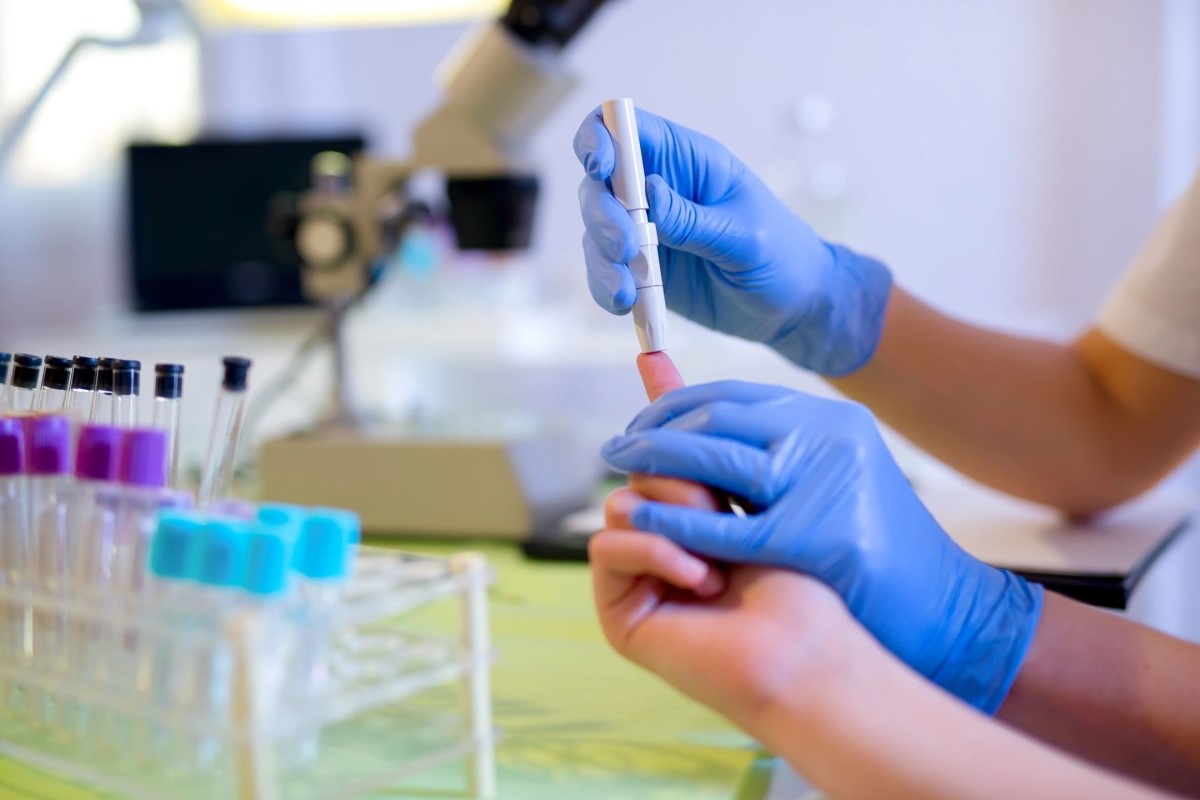Name of the Test:
FGF 23 (Fibroblast Growth Factor – 23)
Alias Names : Human FGF 23, FGF-23, C-terminal FGF 23, intact and C-terminal FGF 23 .
FGF 23 determination is useful in,
– Diagnosis and monitoring oncogenic osteomalacia
– Diagnosis of familial tumoral calcinosis with hyphosphatemia
– Diagnosis of X -linked phosphatemia or autosomal dominant hypophospatemic rickets
– Predicting treatment response to calcitriol or vitamin D analogs in patients with renal failure


Clinical Applications:
FGF 23 is a major regulator of phosphate homeostasis . It is mainly produced in bone and also in the thymus and brain. Intact FGF 23 is biologically active. High serum FGF 23 levels stimulate FGF 23 expression . It interacts with a specific receptor in renal tubular cells , decreasing the expression of type IIa sodium/phosphate cotransponders and resulting in decreased phosphate reabsorption. FGF reduces the formation of 1, 25 dihydroxy vitamin D resulting in reduced phosphate reabsorption. When FGF 23 levels are pathologically elevated with normal renal function, hypophosphatemia with or without osteomalacia occurs. Measurement of serum FGF 23 can assist in the diagnosis and management of disorders of phosphate and bone metabolism. Human FGF 23 measurement can provide an important diagnostic tool for the laboratory evaluation of patients with a variety of hypo and hyperphosphatemic disorders.
Method:

The assay is performed using two affinity purified polyclonal antibodies, specific for the C-terminal portion of the molecule in an ELISA format. Measurement of C– terminal specific FGF 23 results in minimal variation among individuals and minimal day to day variation in human samples. The assay measures both the intact molecule and large carboxy-terminal fragments of human FGF 23. FGF 23 standard is a purified preparation and the results are expressed as relative units (RU/ml).
Test Information:
-
Specimen requirements: 1.0 ml (minimum 0.3 ml) of Plasma (EDTA).
-
Patient Preparation: Fasting specimen is preferred.
-
Shipping requirements: Ship the samples frozen in Dry ice.
-
Turnaround time: 1 week (Set up every Friday and reported the same day)
-
Reference Range:
Adults: Less than 180 RU/ml
Children (1 month to 17 yrs ): Less than 230 RU/ml
Infants: Greater than 900 RU/ml
References:
- Jonsson KB et al (2003 )Fibroblast growth factor 23 in oncogenic osteomalacia and X linked Hypophosphatemia .N Engl J Med 348 : 1656 – 1663.
- Smith ER et al (2012) Biological variability of plasma intact and C-terminal FGF 23 measurements. J Clin Endoc Metab 97 : 3357 –3365 .
- Juppner H (2011 ) Phosphate and FGF-23 .Kid Itnl 79 : S24 – S27.
- Shimada T et al ( 2010 ) Circulating Fibroblast growth factor 23 in patients with end stage renal disease treated by peritoneal dialysis is intact and biologically active. J clin endocrine Metab 95 : 578 –585 .

